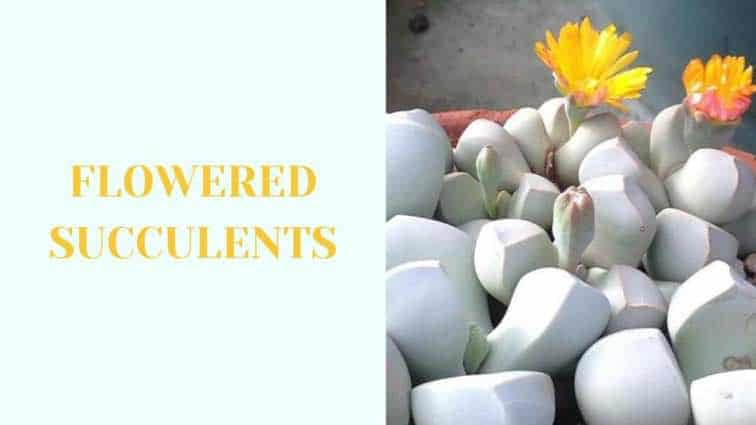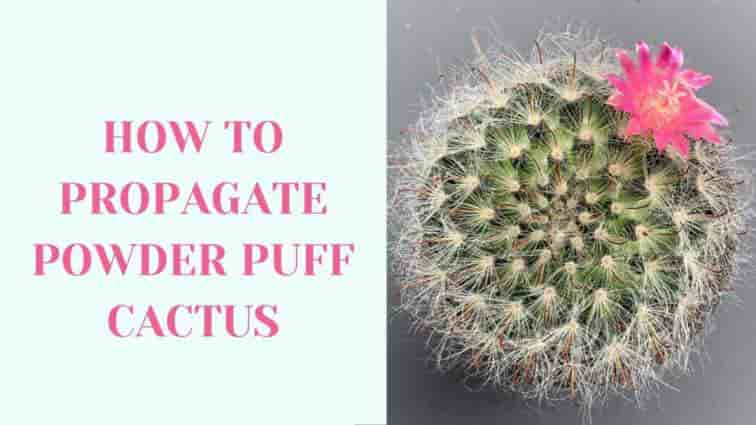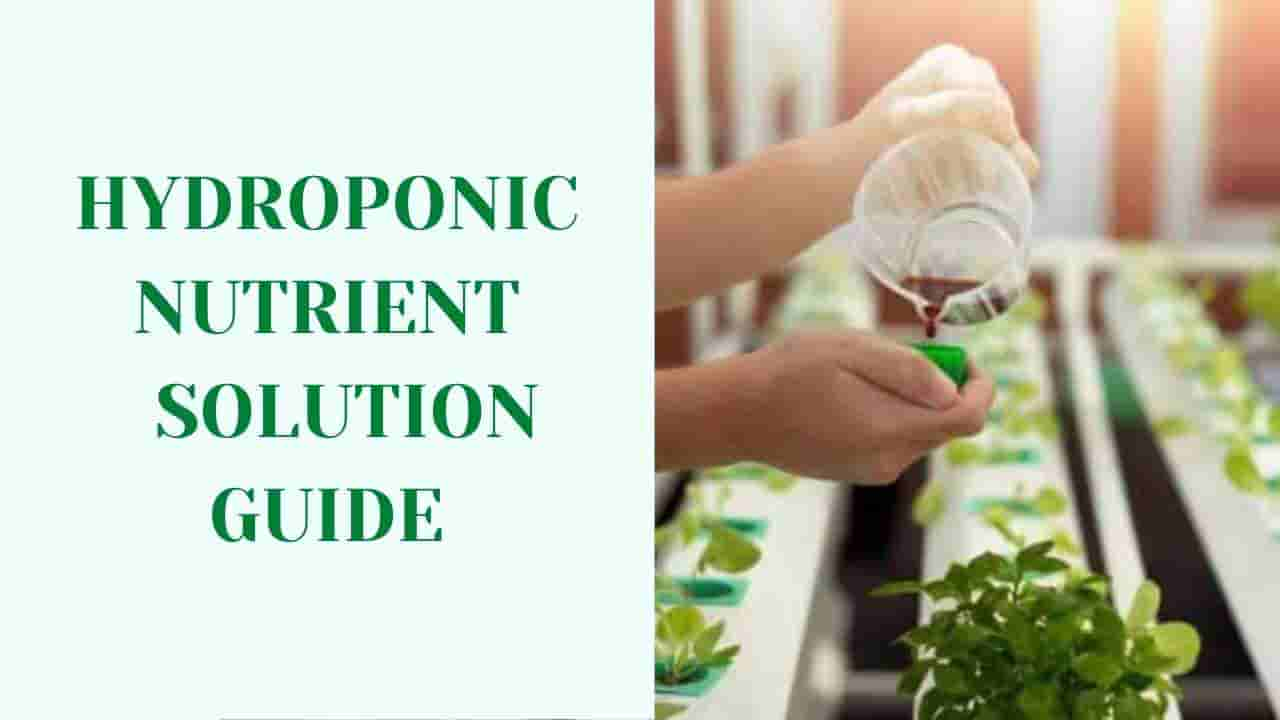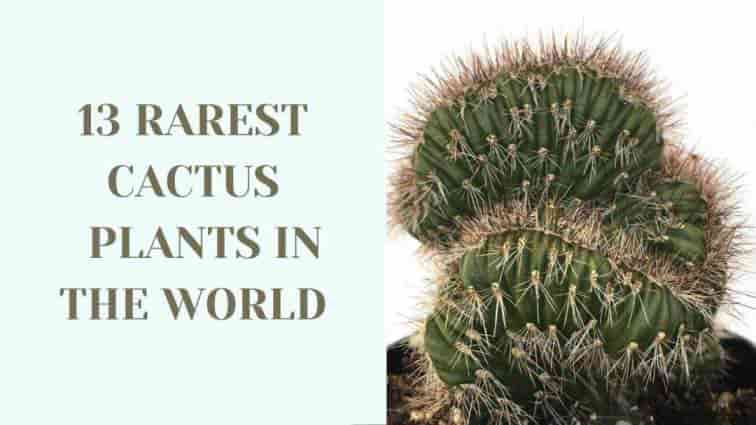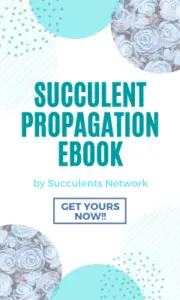The best way to fertilize succulents is by doing so once a year during spring. Most succulents can be fertilized up to once a month if you are using the correct technique but that is both inconvenient and unnecessary. We recommend springtime because most of the succulents we talk about to begin their growing season around that time but you should make sure that your plant’s growing season is the same before fertilizing your plant.
It is important to understand why your succulents need to be fertilized. Most succulents will benefit from the use of fertilizer because even if these plants are considered robust plants, using fertilizer on them can boost their growth, creating a tougher outcome where they will grow beautifully and will have a richer color.
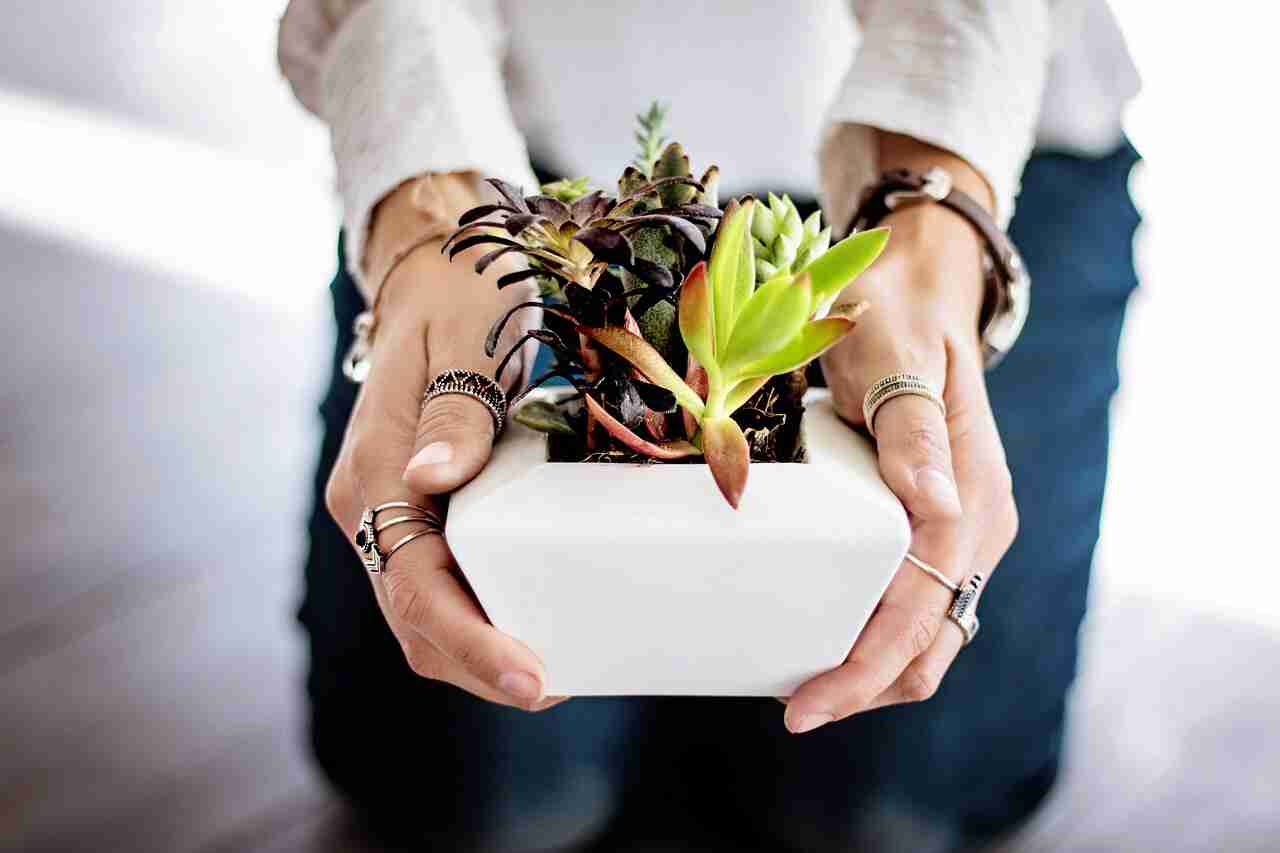
Picture via Pixabay
What To Consider When Using Fertilizer
Consider the type of fertilizer for your succulent, not all fertilizer is the right one for the plant that you have and may even harm your plants because of its potency. So if you buy commercial-grade fertilizer, it may be ideal to cut the quantity of the fertilizer you will feed your succulents in half to avoid overfeeding your succulents with fertilizer.
If your goal is to have flowering succulents or you want to help provide growth to your strong beautiful succulent, consider buying a fertilizer that is rich in phosphorous and potassium as this will be advantageous for your plants.
Right timing is another factor that you need to consider and the frequency of fertilizer application, cause anything that is too much will not be helpful to your succulents as well.
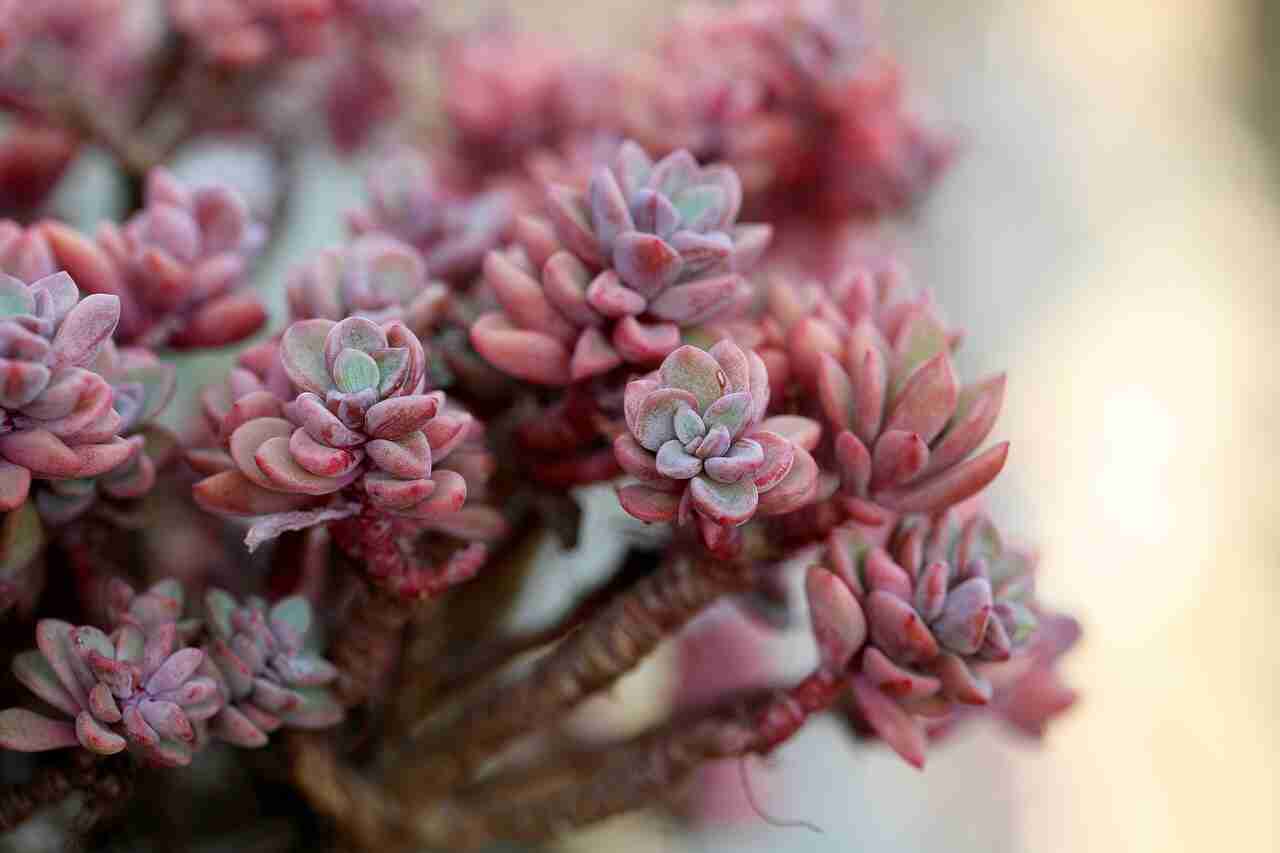
Picture via Pixabay
Are Coffee Grounds Good For Succulents?
Many people don’t know that brewed coffee grounds are beneficial to use on your succulents not just because of the 2% nitrogen it contains but also because of the high potassium and magnesium, which are a very essential nutrient that would benefit your succulents.
When plants lack these nutrients, they tend to be slightly paler lacking that vibrant color that is dominant with the plant otherwise.
For this reason, the use of coffee grounds that has a high acidic quality will be helpful to your succulents as they need slightly acidic conditions to flourish.
However, you must also be careful when using fresh coffee grounds due to its high caffeine content, in many cases, they may be too much for your succulents and can have damaging outcome.
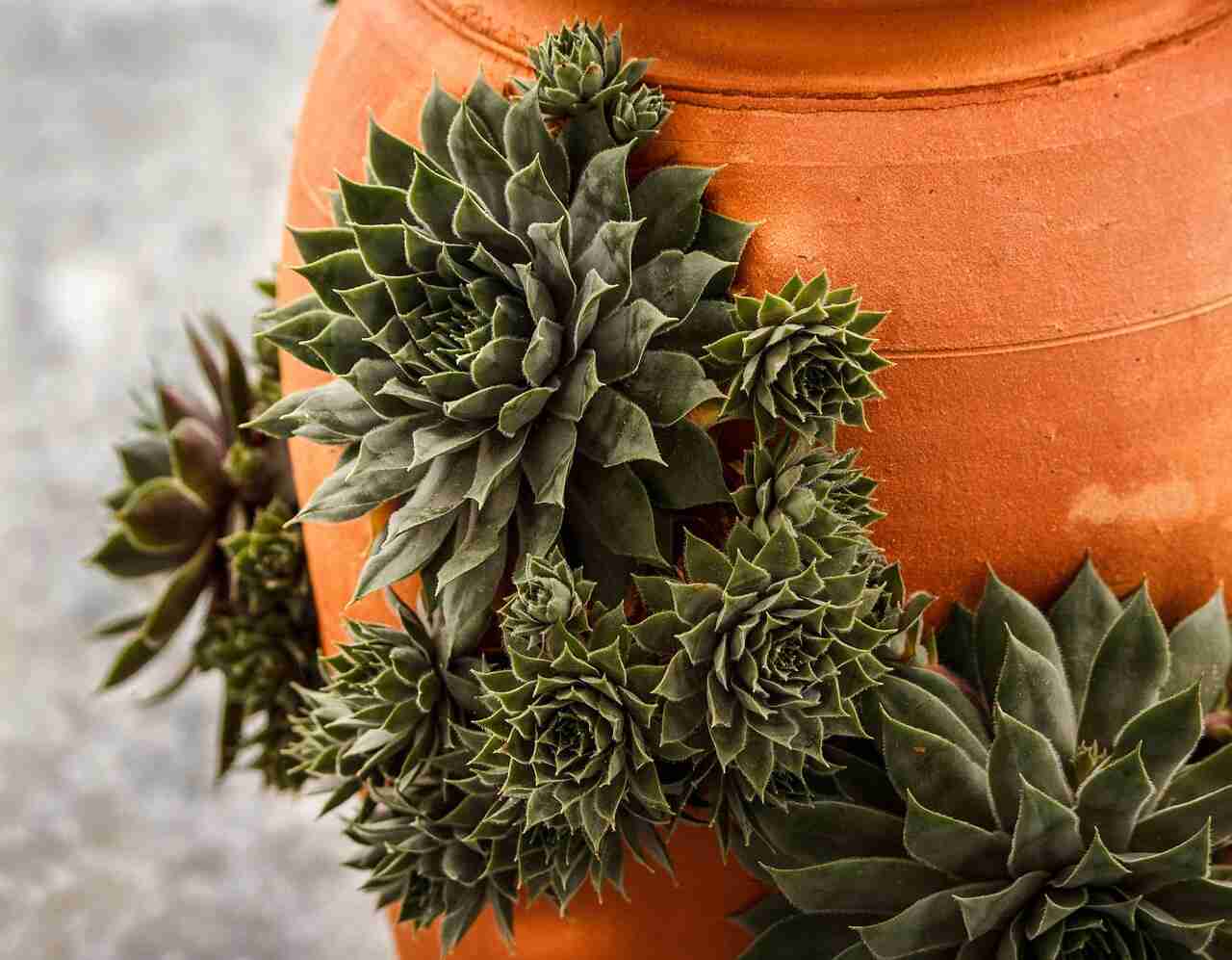
Picture via Pixabay
Are Eggshells Good For Succulents?
Most people don’t know this but eggshells are beneficial to your succulents thanks to the mineral it contains. Mineral such as calcium carbonate. When these eggshells are placed in your succulents, they will decompose and all that is left are the nutrients for the plants to utilize.
You can place the cleaned and dried eggshells directly on your plants, alternatively, you can also use the eggshells to make eggshell tea. Another way to use eggshells for succulents is by pouring water on the eggshells and leave it on overnight, and then in the morning, you can pour some tea into the plants and will act as a calcium boost and will increase in
potassium.
Make sure you clean the eggshell first and rinse it with hot water. Leaving the eggshells with some residue is a sure-fire way to attract pests. Eggshells also smell and can invite even rodents.
If you are keeping the eggshells for your next succulents, sanitized it before storing it on your shelves.
Eggshells also deter snails and slugs. When you crumble some eggshells and place them on your succulents and other plant, snails and slugs will keep away from it since they don’t like getting past the crumbly and pointy pieces.
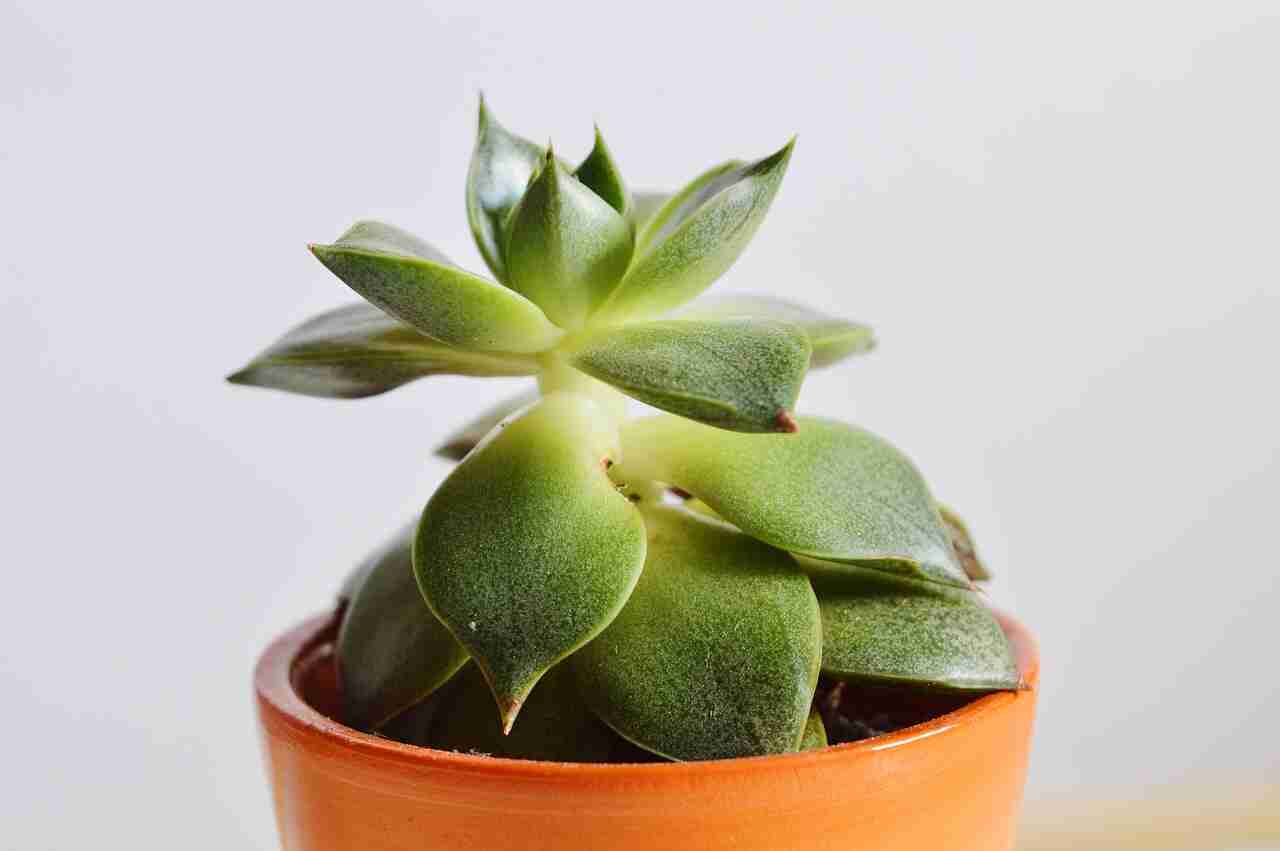
Pictura via Pixabay
Fertilize Succulents With Manure Tea
Manure tea is a concoction of dried manure or droppings of farm animals mixed with water. The manure tea is rich in nutrients and some other trace elements, including nitrogen, phosphorus, and potassium.
The manure is mixed with water and once it steeps, the fluid that resulted are filled with nutrients that can be diluted again before it is applied to your succulents.
There are two ways of preparing manure tea one is by throwing water and manure in a plastic gallon and let it steep for a day or two, and once you are done steeping it, you can separate the liquid from the solid and pour it into another container to be used as required for your succulents.
Another way is by using an old fabric or cheesecloth and cutting it into teabag size. Fill the inside with manure and tie it after. Prepare a container filled with two-thirds of water and soak the tea bags inside, then let it steep for a day or two as well, and then once you have weak tea-colored water, your manure tea is ready to use.
Using manure tea is economical, and it is easy to prepare. It is also high in nutrients that your succulents will love.
Manure tea provides your succulents with major nutrients in small quantities.
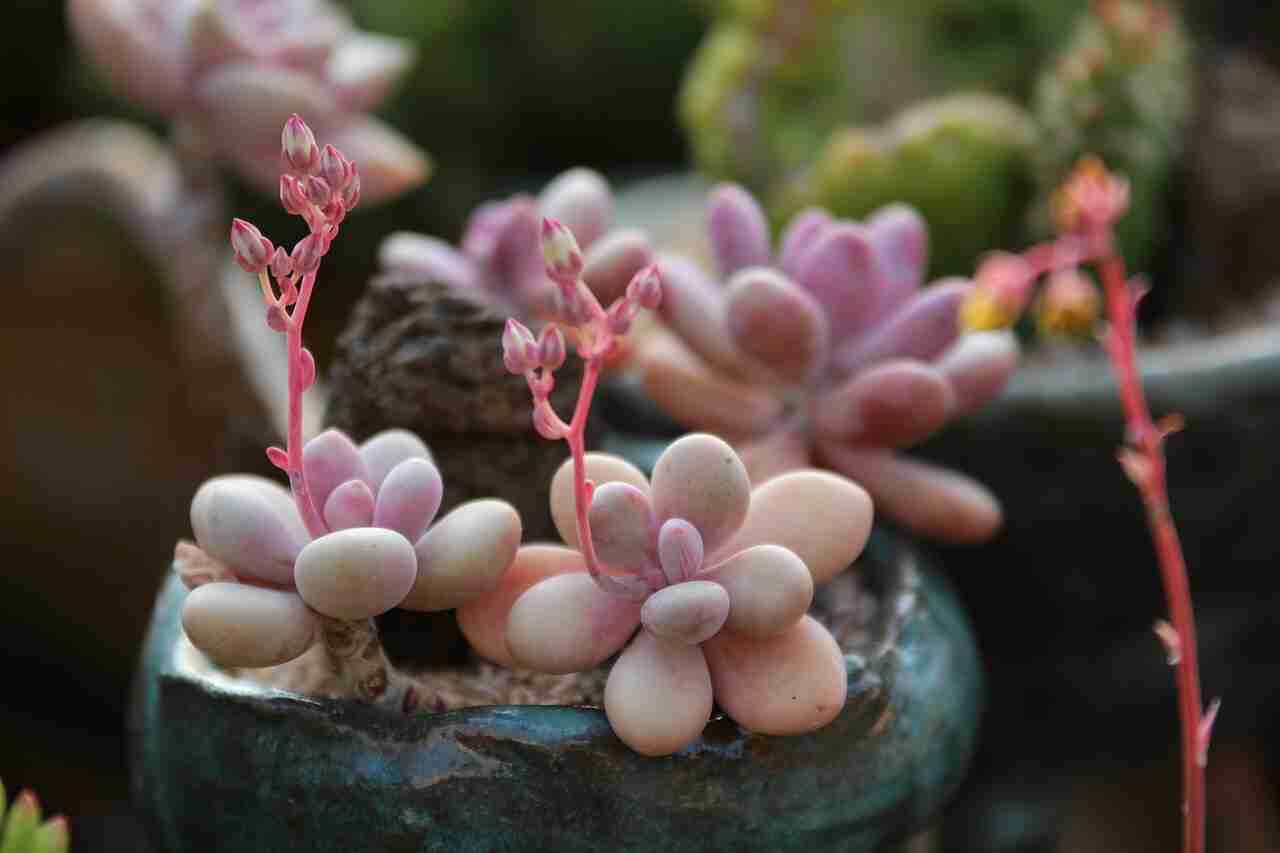
Picture via Pixabay
What Do I Use As Succulent Fertilizer?
There are many fertilizers that you can choose from as there are commercial-grade fertilizers and those which you can find in your home. You just need to determine which one will work for your succulents more. There are two methods you may use, such as banana peel and manure tea, the rest of the samples below are also something that you can try using for your succulents.
- Using banana peel is popular among plant lovers, they say it provides potassium where 42%, is found in banana peeling. Phosphorus level is also high in banana peel, and this is the nutrient that quickens flower production in plants. Manganese helps in photosynthesis and aids in making the plants look vibrant. Its magnesium and sulfur content is significant in chlorophyll development. Even though it does not contain nitrogen, the banana peel doubly makes up with other nutrients it has.
- Banana peel is advantageous to use in your garden since it breaks down rapidly, and it decomposes, leaving all its nutrients behind in the soil.
You may leave the banana peel on top of the soil for a few days, but you must remove it before it rots. You can also mix it with soil before you place the mixture in a pot, or you can put the banana peel in with the compost as it will have a better result.
There is a major downside, though, when you use banana peel as bugs get attracted to its smell, including ants, gnats, and flies. So, you should also keep an eye on the banana peel that you place on top of the soil.
- Using manure tea as fertilizer is beneficial to your succulent, and it is not messy, it does not stink, and it is safe for your succulents and other plants because it is just a mild solution. It is easy to prepare, and it will not cost you much because it is just made of different manure. You may use manure tea like you use water.
- Milk is another ideal fertilizer for your plants and succulents. It is highly beneficial to humans, and it is good for your garden. It contains nutrients such as protein, calcium, vitamins, even sugar that are all good for the plants. Not only is milk helping in making succulents grow fuller and beautiful, but it also has pesticide fighting effectiveness with aphids, tobacco mosaic, and mildew prevention.
You may use a solution of 50% water and 50% milk and place it in a spray bottle. Spray it on your succulent leaves. The leaves will absorb the milk solution, but you need to make sure that you are not spraying too much and not too often cause the fertilizer stays too long on the leaves, the fungus may also thrive on it.
It is also alright to spray a whole garden area with milk so it will be absorbed into the soil. Do this at the beginning of their growing season once, or you may also repeat the ground soaking session every few months.
You may use any milk, even those that are past its date, such as fresh milk, evaporated milk, and powdered milk. Dilute the milk with water, and never pour the milk directly to your plants.
You may get bothered by the smell if you use expired milk, but this will subside in just a few days.
- Used ground coffee, when correctly prepared, will be advantageous to your succulents. Highly beneficial, most especially to your succulents that are not potted but outside in your garden. Its high acidic quality is what many types of succulents favor. Tossing some leftover coffee directly on your soil will help increase its pH level as it adds nitrogen to the soil. Not to mention helping to aerate the soil, warding off weeds, keeping pests away, and improving soil drainage.
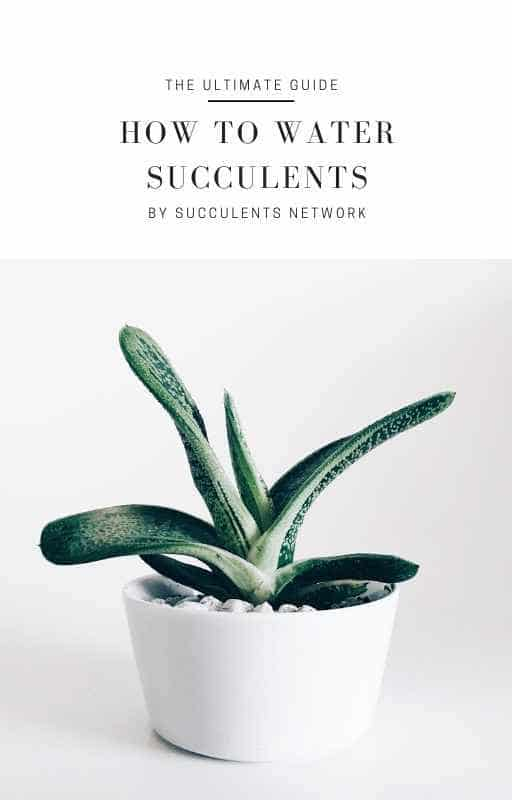
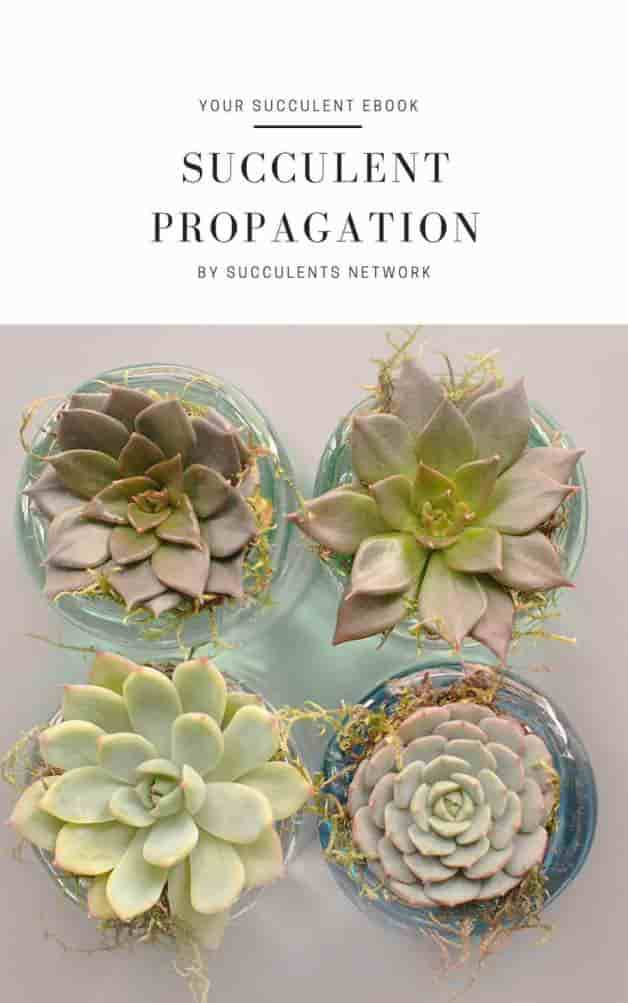
If you have used water from boiling potatoes, vegetables, eggs, or even pasta, just let this cool off and water your succulents with it. It is high in phosphorus, calcium, iron, and nitrogen. With just a few sprinkles of this highly nutritious water, your succulents will benefit from it, and you can use this often to water the plant without harming them.
- Gelatin as fertilizer is another option, and it is readily available in your kitchen. You may need to make sure though it will be well received by the type of succulents you have. It requires the correct preparation of the gelatin as well, such as dilution in the water and right feeding period.
- Eggshells, as discussed above, contain a high amount of calcium, nitrogen, phosphoric acid, and other trace elements that can promote healthier growth of your succulent. It is not just used in succulents, but other plants as it gives the same benefits. If you don’t like to crush the eggshells manually, you can use a blender to grind it, and then you can sprinkle it in the soil or add to the compost you are preparing.
- Vinegar is not just your kitchen condiments, but it is also used to help succulents have healthy growth. This is more due to it helping ward of insects that feed on plants and its weed fighting components. Spraying your pot of succulents will help ward off tenacious weeds, but it is ideal to use vinegar that is made from fruits or grain.
Then there is an available succulent plant food available in the market, such as the Miracle-Gro succulent plant food, which you can use directly in the soil or mix it with water. It is ideal to use this once every two weeks.
What Is The Ideal Time Of The Day To Fertilize your succulents?
The ideal time to fertilize your succulents is in the early morning or late evening.
Do not fertilize your succulents or any plant for that matter when the sun is at its fullest, think noon. Your succulents can also feel the full blast of the sun and will not be able to soak up the nutrients. The fertilizer combined with the sun’s heat can even injure your plants.
Can You Fertilize Your Succulents During The Winter?
It is not ideal to fertilize your succulents during the winter as they are in a dormant period and are not actively growing. You will notice that the growth suddenly stops, so you should considered stop fertilizing them.
If you have winter growing succulents though, you may fertilize during the fall.
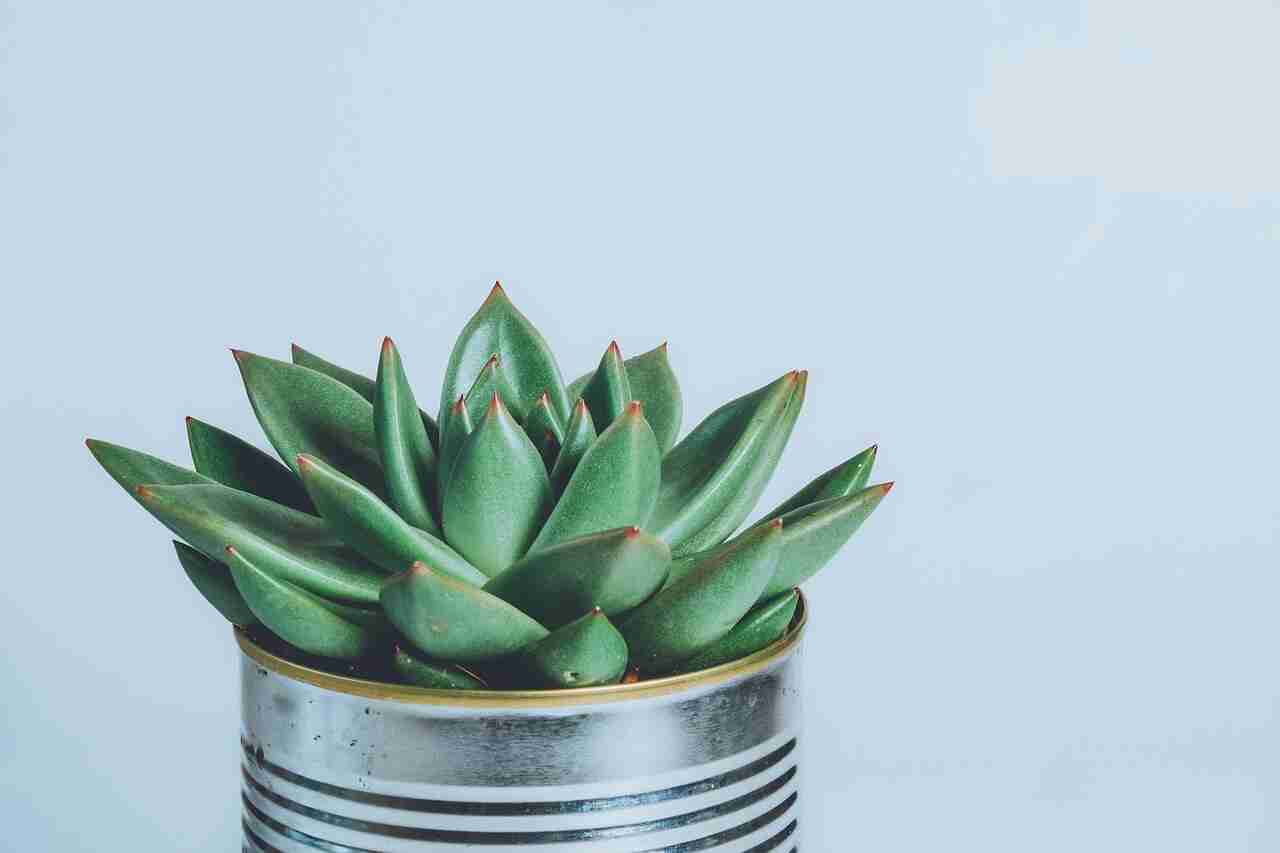
Picture via Pixabay
Should You Fertilize Your Succulents during The Summer?
The general rule is to fertilize succulents during early spring as this is the time they are growing, so summer is the best time for you to think fertilizing. However, do not fertilize when the soil is too dry as fertilizer will burn your succulents. Make sure that the soil is ready and has the right dampness to it, or you may also mix fertilizer to the water before you apply it to your plant.
Can You Fertilize Succulents More Often?
Although each succulent has different needs and fertilizing them will vary depending on species, many types can be fed a light fertilizer once a month, such as the prepared manure tea, as this will help your succulents and will not be harmful if sprayed once every month.
For a lot of succulents, you may use fertilizer once every spring because it is their growing season.
Other plant growers add a bit of fertilizer every time they water their succulents, but there are also negative results such as succulents growing soft rather than tough, which is what you should be after as your succulents growing tough or hardy can then endure the harsh environment.

